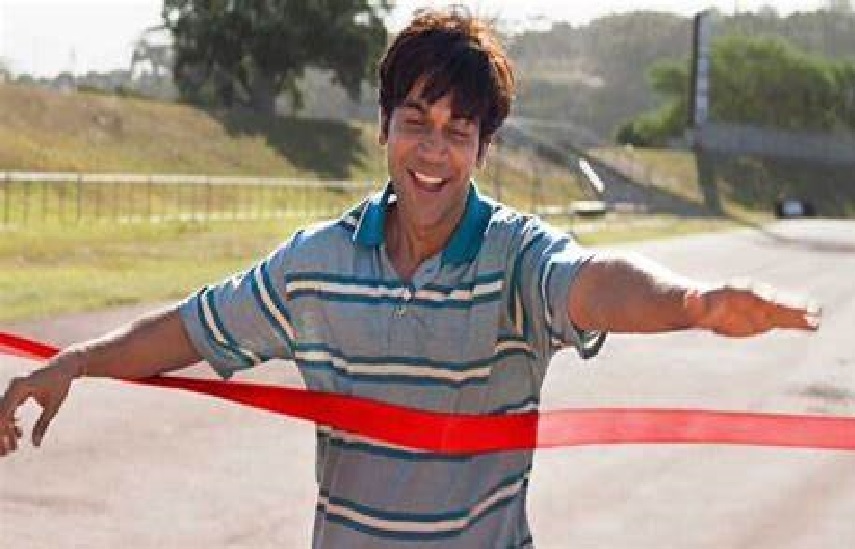Srikanth, a biographical film based on the inspiring entrepreneur Srikanth Bolla, left a profound impact on me. Bolla's story is one of perseverance and defiance. As someone who champions equal educational opportunities, I was deeply moved by his fight against an education system in India that wasn't designed for inclusivity. Despite his brilliance, the prestigious IITs in India denied him admission due to a lack of provisions for visually impaired students. This stark contrast to his later achievement of becoming the first visually impaired student at MIT highlights the urgent need for educational institutions everywhere to embrace inclusivity and provide equal opportunities for all students.
The film also served as a catalyst for introspection. It awakened me to the persistent issue of gender bias in education, a reality not depicted in the film but brought to mind by Bolla's struggle. Societal pressures and lack of proper sanitation facilities often deny girls from underprivileged backgrounds educational opportunities. This includes the critical issue of menstrual health management (MHM). Without access to clean bathrooms, hygiene products, and proper education on menstruation, girls may be forced to miss school, hindering their academic progress. Dismantling these biases and creating a safe and inclusive environment where all students can thrive necessitates addressing MHM as a fundamental aspect of girls' education.
Beyond gender bias, the film compels us to confront the economic disparities that prevent students from pursuing education, especially in rural areas. The financial constraints, limited access to scholarships, and lack of affordable learning materials paint a sobering picture. This challenge is further compounded by the issue of rural-to-urban migration. In search of better job opportunities, many families leave their rural homes, displacing their children and disrupting their education. Lack of access to quality schools in urban areas, coupled with the pressure to contribute to household income, can force these children, particularly girls, to leave school altogether. It compels us to advocate for better financial aid programs and bridge the gap between students and quality education.
The movie isn't just about overcoming personal limitations; it exposes the dangers of a rigid education system that prioritizes rote learning over holistic development. The lack of focus on practical skills and outdated teaching methodologies can quickly disenfranchise students who struggle to find meaning in their education. The film serves as a call to action for us to transform our education systems to foster creativity, critical thinking, and a love for learning.
Srikanth Bolla's story left a lasting impression on me, but more importantly, it ignited a fire within. It's a call to action for all of us to fight for an education system that empowers every student. We need to dismantle systemic barriers, invest in teacher training, and embrace innovative teaching methods. By fostering a growth mindset and creating a support system for all students, we can unlock their true potential and empower them to chase their dreams, regardless of their background.
Bolla's journey is more than just an inspiring story of overcoming adversity; it's a powerful message about dismantling stereotypes. He emphasizes that people with disabilities deserve equal opportunity, not just empathy. They don't need a special label – they are just as capable and possess the same business acumen and ideas as anyone else. Society often has low expectations, channeling people with disabilities towards limited career paths like candle making or relegating them to charity dependence. Srikanth Bolla shatters this stereotype. He, like countless others, possesses the same ambition and drive as anyone else. All they need is a level playing field to showcase their potential. His story serves as a catalyst for change, a testament to the human spirit's ability to overcome challenges and achieve extraordinary things when given the opportunity.








.jpg)










